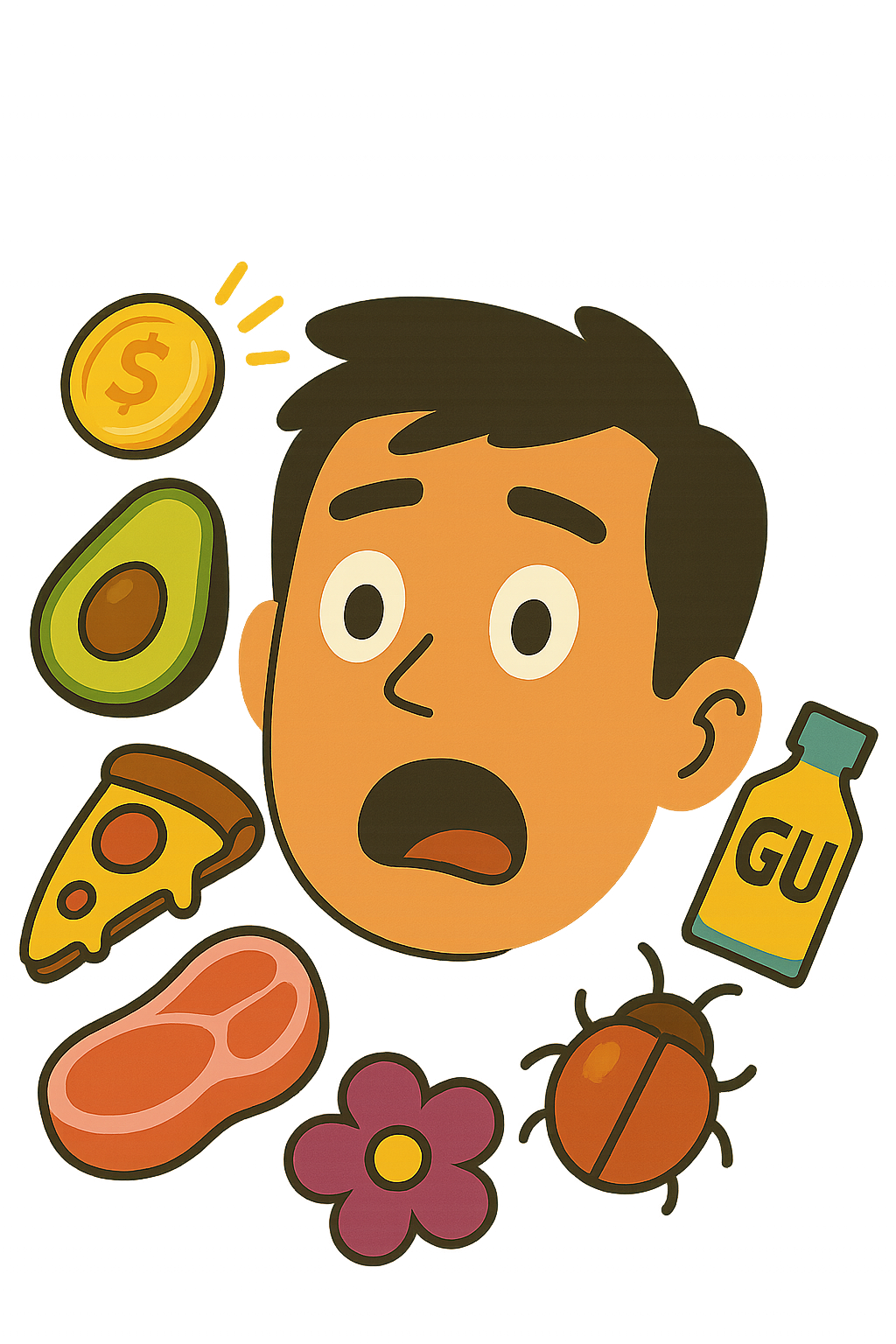Can people with celiac disease eat gluten?
Quick Answer
No
People with celiac disease cannot eat gluten because it triggers an immune response that damages their intestines. This can lead to serious health complications.

What Is It?
Celiac disease is an autoimmune disorder where the ingestion of gluten leads to damage in the small intestine. Gluten is a protein found in wheat, barley, and rye.
How to Tell
Common symptoms of celiac disease include diarrhea, bloating, gas, fatigue, weight loss, and anemia. Some people may have no symptoms but can still develop complications of the disease over time.
Why It Can Be Risky
Eating gluten when you have celiac disease can lead to a number of serious health complications.
- Malnutrition: Damage to your small intestine means it can’t absorb enough nutrients. Malnutrition can lead to anemia and weight loss.
- Bone loss: Malabsorption of calcium and vitamin D can lead to a softening of the bone (osteomalacia) or osteoporosis.
- Miscarriage and infertility: Malabsorption of nutrients might lead to reproductive issues.
- Lactose intolerance: Damage to your small intestine may cause you to experience abdominal pain and diarrhea after eating lactose-containing products, a condition known as lactose intolerance.
Safe Method?
The only effective treatment for celiac disease is a strict gluten-free diet. This means avoiding all foods that contain wheat, barley, and rye.
Safe Alternatives
There are many gluten-free alternatives available, including gluten-free bread, pasta, and many other products. Additionally, many grains and starches are naturally gluten-free, such as rice, quinoa, potatoes, and corn.
Preparation Tips
When preparing gluten-free meals, it’s important to avoid cross-contamination with gluten-containing foods. This can happen if foods share the same utensils, cutting boards, or if they are cooked on the same surfaces.